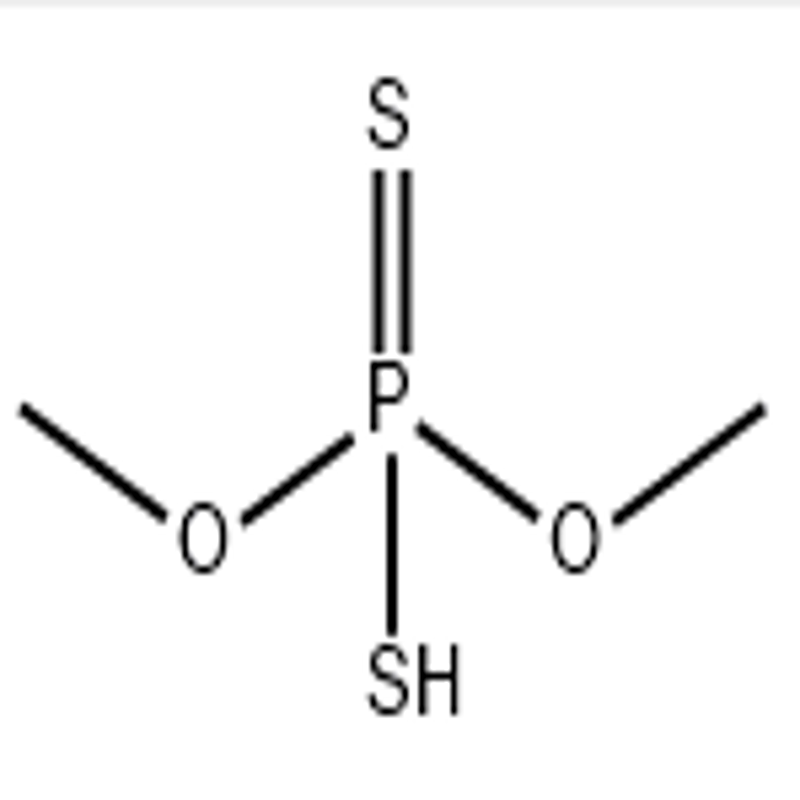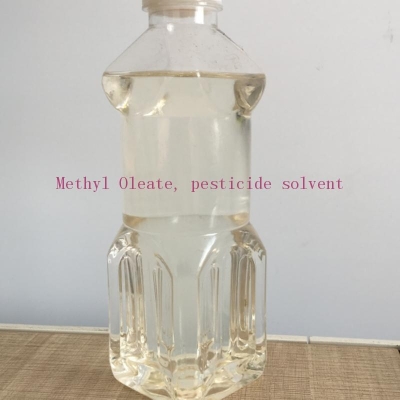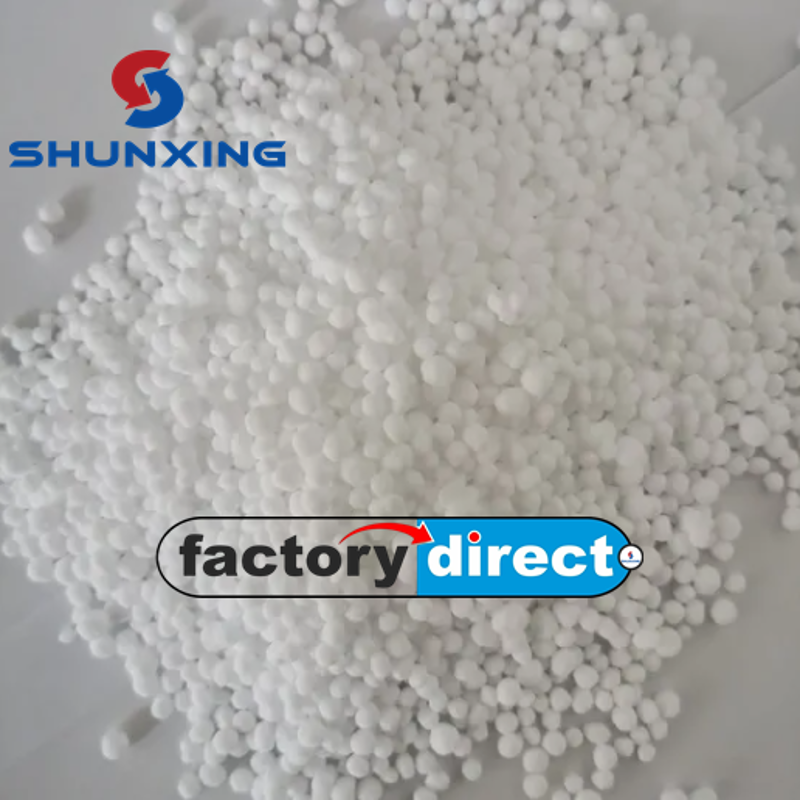-
Categories
-
Pharmaceutical Intermediates
-
Active Pharmaceutical Ingredients
-
Food Additives
- Industrial Coatings
- Agrochemicals
- Dyes and Pigments
- Surfactant
- Flavors and Fragrances
- Chemical Reagents
- Catalyst and Auxiliary
- Natural Products
- Inorganic Chemistry
-
Organic Chemistry
-
Biochemical Engineering
- Analytical Chemistry
-
Cosmetic Ingredient
- Water Treatment Chemical
-
Pharmaceutical Intermediates
Promotion
ECHEMI Mall
Wholesale
Weekly Price
Exhibition
News
-
Trade Service
The Ministry of Agriculture clearly stated that by 2020, zero growth in the use of chemical fertilizers and pesticides for major crops across the country will be achieved
.
To achieve this goal, the most important link is the innovation of products and pesticide application technology.
The previous focus on the occurrence of plant diseases and insect pests has been changed to pre-prevention, and the occurrence of various crop plant diseases and insect pests can be prevented and controlled to the greatest extent with the smallest amount of pesticides
.
? To this end, domestic authoritative experts suggest that preventive pesticide R&D should be raised to the height of national strategy, concentrated and integrated social R&D resources and strength, and accelerated the development of various environmentally friendly pesticides and sterilizations that meet the requirements of the times and meet the needs of the planting industry New varieties of pesticides and herbicides provide effective support for achieving zero growth of pesticides
.
? As of 2015, China's grain production has maintained a continuous increase for 12 years, feeding about a quarter of the world's population with 1/7 of the world's arable land area.
This is a remarkable achievement, and fertilizers and pesticides are indispensable
.
In this sense, we can say that without chemical fertilizers and pesticides, there would be no food security, let alone food security
.
? However, it goes without saying that due to the low technical content of domestic agrochemical products, the planting industry in particular still generally uses excessively high-toxic and high-residue pesticides, and threatens the people's food safety through grain and cash crops
.
At the same time, due to the backward pesticide application technology of the majority of farmers, the utilization rate of pesticides is too low, and a large amount of pesticides flow into the environment, causing serious non-point source pollution
.
Therefore, it is urgent to maintain and improve the ecological environment
.
? In this context, the pesticide industry in the future will use scientific and technological means to realize product innovation, pesticide application innovation and service innovation
.
To the extent possible, pay more attention to the combination of existing varieties, improve the efficacy of drugs, and reduce the number of medications used by farmers; focus on the development of new formulations, expand the extension of medications, try to cover all kinds of crops and cash crops, simplify farmers' labor and save costs
.
At the same time, it will also focus on improving service links and provide as much field guidance as possible to achieve the purpose of reducing dosage and protecting the environment through scientific application
.
.
To achieve this goal, the most important link is the innovation of products and pesticide application technology.
The previous focus on the occurrence of plant diseases and insect pests has been changed to pre-prevention, and the occurrence of various crop plant diseases and insect pests can be prevented and controlled to the greatest extent with the smallest amount of pesticides
.
? To this end, domestic authoritative experts suggest that preventive pesticide R&D should be raised to the height of national strategy, concentrated and integrated social R&D resources and strength, and accelerated the development of various environmentally friendly pesticides and sterilizations that meet the requirements of the times and meet the needs of the planting industry New varieties of pesticides and herbicides provide effective support for achieving zero growth of pesticides
.
? As of 2015, China's grain production has maintained a continuous increase for 12 years, feeding about a quarter of the world's population with 1/7 of the world's arable land area.
This is a remarkable achievement, and fertilizers and pesticides are indispensable
.
In this sense, we can say that without chemical fertilizers and pesticides, there would be no food security, let alone food security
.
? However, it goes without saying that due to the low technical content of domestic agrochemical products, the planting industry in particular still generally uses excessively high-toxic and high-residue pesticides, and threatens the people's food safety through grain and cash crops
.
At the same time, due to the backward pesticide application technology of the majority of farmers, the utilization rate of pesticides is too low, and a large amount of pesticides flow into the environment, causing serious non-point source pollution
.
Therefore, it is urgent to maintain and improve the ecological environment
.
? In this context, the pesticide industry in the future will use scientific and technological means to realize product innovation, pesticide application innovation and service innovation
.
To the extent possible, pay more attention to the combination of existing varieties, improve the efficacy of drugs, and reduce the number of medications used by farmers; focus on the development of new formulations, expand the extension of medications, try to cover all kinds of crops and cash crops, simplify farmers' labor and save costs
.
At the same time, it will also focus on improving service links and provide as much field guidance as possible to achieve the purpose of reducing dosage and protecting the environment through scientific application
.







